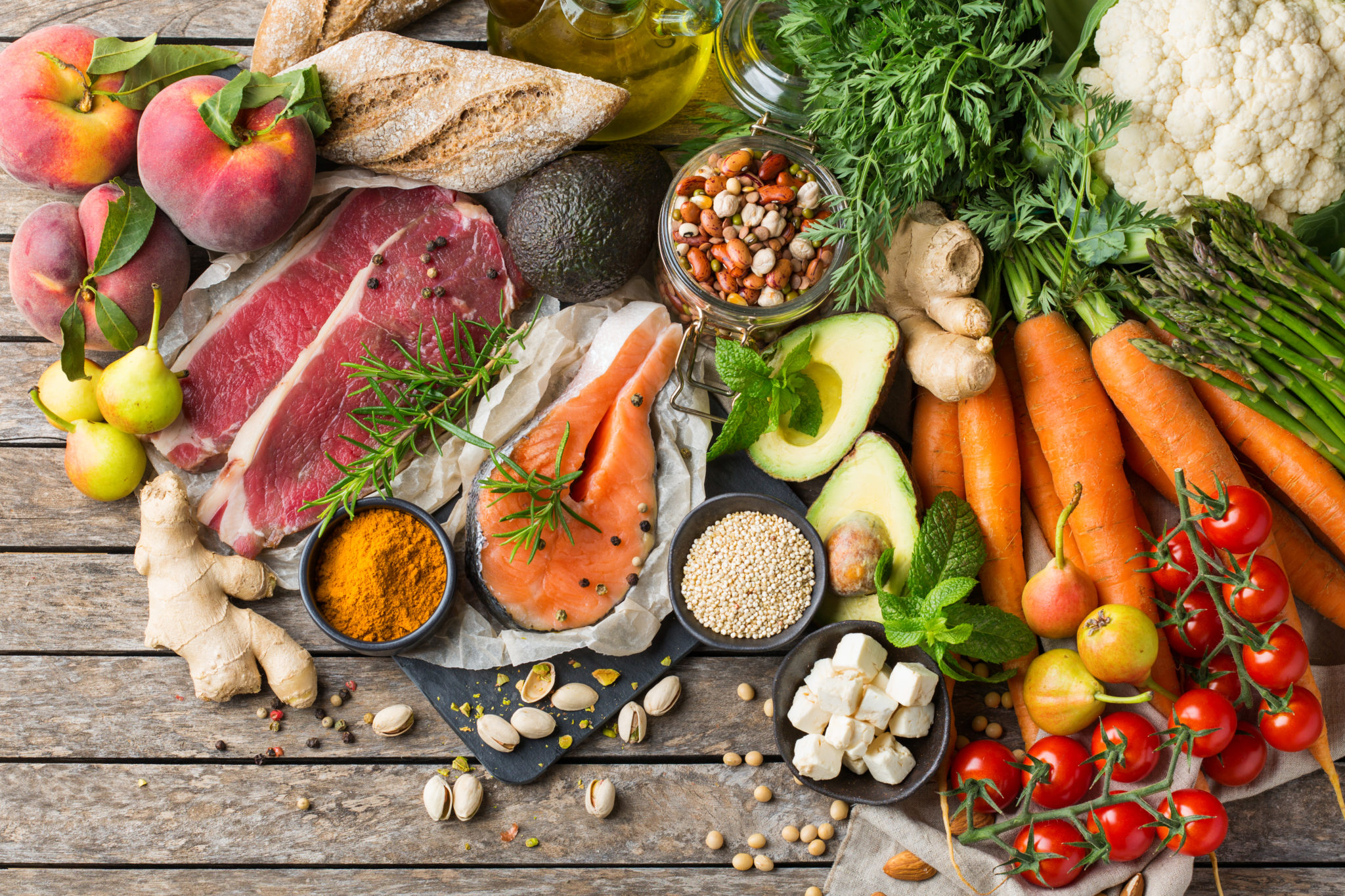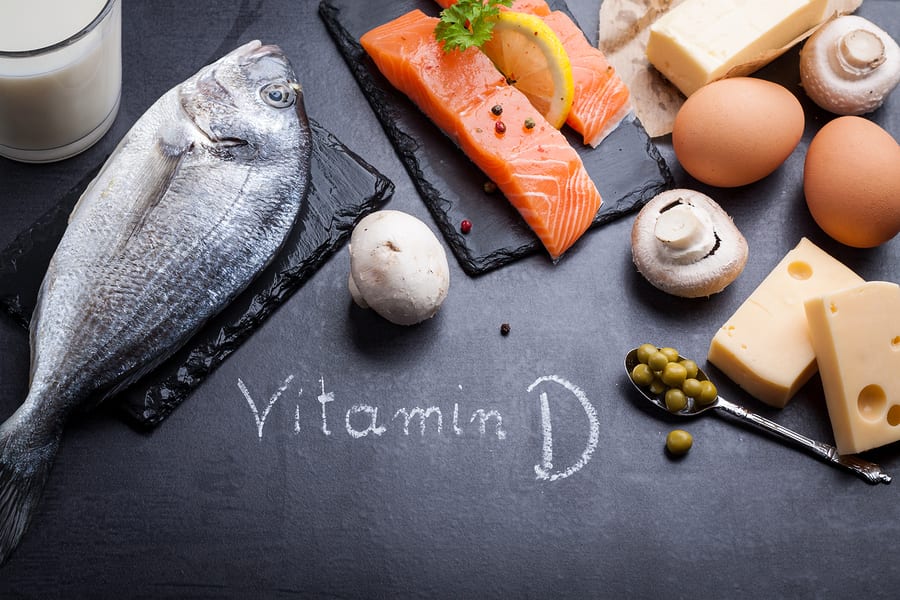If losing a few pounds is one of your goals this year the best place to start could actually be your bed, rather than the gym or your diet. Did you know when you lose sleep you can end up gaining weight?
The worldwide increase in obesity has multiple factors, including increased consumption of processed foods, increased portion sizes, and our more sedentary nature. However, there is also a strong correlation between sleep loss and obesity. Epidemiological studies have shown that those who are overweight or obese tend to sleep less too.
For these people the key question is it the lack of sleep that is causing them to eat more, or does eating more cause them to sleep less? What are the links between losing sleep and weight gain?
Sleep and weight gain
If we are awake for longer, we logically have the opportunity to eat more. However, more importantly, we also have a number of factors that come together to increase our appetite.
The main change occurs in the ratio of hormones that control hunger. These are Leptin, the hormone that produces the feeling of fullness, and Ghrelin, which creates the sensation of hunger. Inadequate sleep decreases levels of Leptin and increases levels of Ghrelin. This removes the ”I am full’ signal following eating and fires the ‘I am still hungry’ signal instead. Sleep deprivation, therefore, makes us feel unsatisfied by our normal amount of food (Leptin Effect). At the same time, we have the desire to want to eat much more food (Ghrelin Effect).
What’s more, lack of sleep activates the ‘endocannabinoid system’, which are basically chemicals produced in the body that are similar to the drug cannabis. This system is involved in reward or ‘pleasure’ eating i.e. it gives us the ‘munchies’. This system stimulates us to eat more sweet food (chocolate, biscuits, and cakes), heavy carbs (pasta and bread), and salty snacks (crisps and chips), and is why we tend to eat more of the wrong foods when we are sleep deprived. Fatty foods and proteins are stimulated to a much lower degree.
At this stage, we come full circle, with these sugar-dense foods causing us to stay awake longer, which in turn leads to sleep deprivation and even more sugar cravings.
However, these changes are quickly reversed once you start to sleep more. A study published in the American Journal of Clinical Nutrition showed that individuals who increased the amount of sleep they get each night reduced their added sugar intake by as much as 10 grams the next day compared with the amount of sugar they consumed at the beginning of the study.
Sleep and weight loss
With regards to weight loss and sleep it would seem getting enough sleep is important here too. In one study, when overweight Individuals were split into two groups of good and poor sleep (5.5 hours) and put on a restricted diet, the group with poor sleep lost 70% of their weight from lean muscle mass, yet those who slept well had over 50% of weight loss from body fat. When we lack sleep, it would seem our body wants to hang onto its main energy store of body fat.
In summary, lack of sleep, therefore, makes us hungrier, makes us eat more of the wrong foods, yet decreases the satisfaction of eating these foods and also prevents effective weight loss when dieting.
Eat a varied diet of fresh food
If you want to lose weight, apart from making a commitment to sleep more in 2019 and go to the gym (exercise is associated with increased sleep quality) I recommend eating a varied diet with lots of fresh, rather than processed foods.
A recent study showed that difficulty maintaining sleep was associated with fewer foods in the diet, with daytime sleepiness and less none restorative sleep being associated with being on a restricted diet, such as low fat/cholesterol.
It would seem that getting the correct balance of sleep, nutrition, and exercise all support each other as pillars to good health and feed into the best possible outcome all around in terms of optimum health.







